Document Author
Year Published
Topic
- (-) Remove Judicial Ethics filter Judicial Ethics
- Ethics Education (7) Apply Ethics Education filter
- 100% Access to Justice (4) Apply 100% Access to Justice filter
- Judges (4) Apply Judges filter
- Presentations (4) Apply Presentations filter
- Trainer of the Trainer Materials / Curricula (3) Apply Trainer of the Trainer Materials / Curricula filter
- Best Practices (2) Apply Best Practices filter
- Reports, Evaluations, Best Practices, Surveys (2) Apply Reports, Evaluations, Best Practices, Surveys filter
- Research (2) Apply Research filter
- Strategic Planning (2) Apply Strategic Planning filter
- Conferences & Summits (1) Apply Conferences & Summits filter
- Courses & Trainings (1) Apply Courses & Trainings filter
- Forms (1) Apply Forms filter
- Forms (1) Apply Forms filter
- Impact of Self-Represented Litigant Innovations on Cost and Efficiency (1) Apply Impact of Self-Represented Litigant Innovations on Cost and Efficiency filter
- Justice Tech Entrepreneurs (1) Apply Justice Tech Entrepreneurs filter
- Libraries (1) Apply Libraries filter
- Regulatory Concerns (1) Apply Regulatory Concerns filter
- Self-Help Centers (1) Apply Self-Help Centers filter
- Trial Court Self-Help (1) Apply Trial Court Self-Help filter
- Unbundling (1) Apply Unbundling filter
- Webinars (1) Apply Webinars filter
- Working Groups (1) Apply Working Groups filter
State
Tags
Post date
Search results
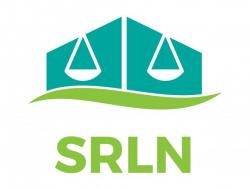
SRLN Brief: Memo on Model Code of Judicial Conduct 2.2 Revisions (SRLN 2012)
This memorandum lays out ways that states can develop state-specific comment language for their judicial codes. The memo reflects recent research, as well as recent state developments as of date of publishing. Judges Judicial Ethics United States SRLN Mem ...
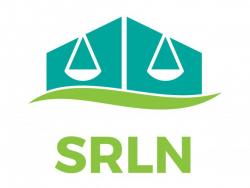
SRLN Brief: Procedural Fairness / Procedural Justice (SRLN 2015)
Research has shown that when defendants and litigants perceive the court process to be fair, they are more likely to comply with court orders and follow the law in the future—regardless of whether they “win” or “lose” their case. This is called procedural ...
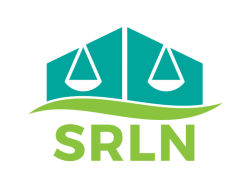
Research: Judge- SRL Communications Research (SRLN 2007)
Through funding from the State Justice Institute, the California Administrative Office of the Courts, and the Maryland Judiciary, the Self-Represented Litigation Network conducted two research projects this year (2006-2007). These projects are: 1) Courtro ...
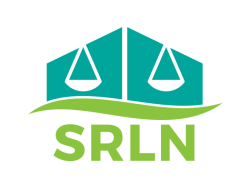
Webinar: Judicial Management of Self Represented Cases (SRLN 2006)
This webinar, which took place on June 14, 2006, discussed different techniques for managing cases involving self-represented litigants. California Judge Laurie Zelon and Minnesota Judge Daniel Mabley led this webinar. The webinar presentation can be down ...
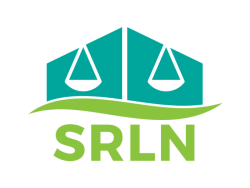
Conference: Harvard Judicial Leadership Conference (SRLN 2007)
Based on the research of the Self-Represented Litigation Network (SRLN), the resources below make up the original judicial curricula prepared by the National Center for State Courts (NCSC), the American Judicature Society, and the National Judicial Colleg ...
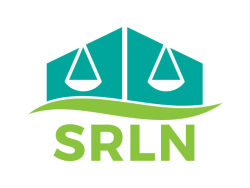
Curriculum: Access to Justice for the Self Represented (SRLN & NCSC 2013)
The following modules are designed to assist judges in handling cases involving self-represented litigants (SRLs). They contain tools and techniques for judges to operate their courtrooms effectively, comply with the law, maintain neutrality, and increase ...
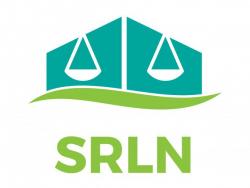
SRLN Brief: Case for Key Innovations to Support 100% Access (SRLN 2007)
Collection of single page briefing papers prepared by the SRLN in 2007 to help interested parties make the "case for" key innovations. The following topics are covered: • The Case for Self-Help Programs • The Case for Court-Based Forms and Inst ...